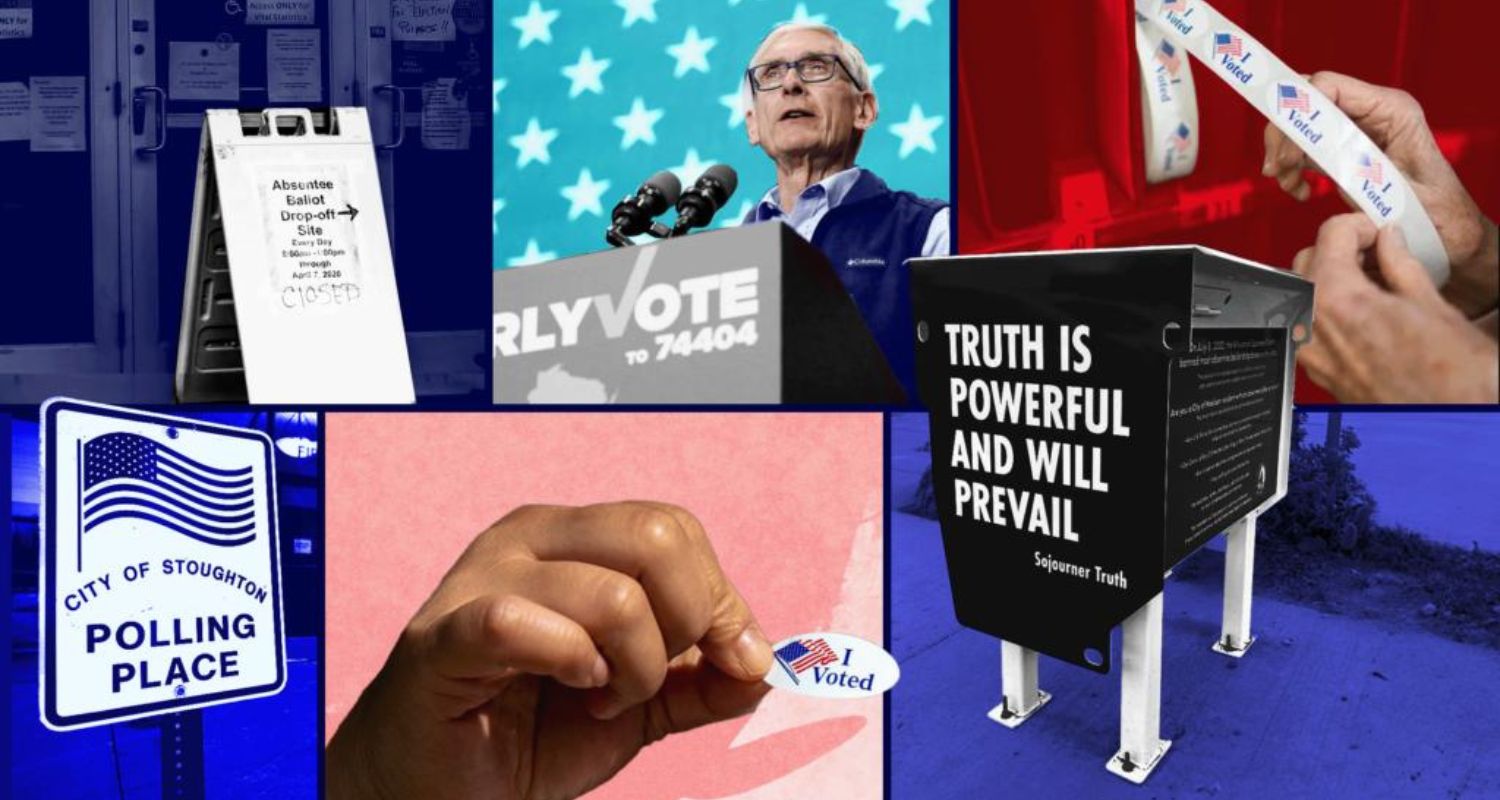In 2024, Wisconsin finds itself once again at the center of political intrigue as preparations for the upcoming presidential election stir memories of past controversies and challenges.
Donald Trump’s imminent campaign visit to Waukesha, Wisconsin, has reignited debates over the legitimacy of past election outcomes.
Trump has boldly claimed victories in both the 2016 and 2020 elections in Wisconsin, despite Joe Biden securing the state by a margin of approximately 20,000 votes in the latter contest, while Trump himself won by around 22,000 votes in 2016.
As Wisconsin continues to be a critical battleground state, experts are anticipating another closely contested race in 2024.
The aftermath of the 2020 election looms large, marked by unprecedented challenges and legal battles. Ann Jacobs, Chair of the Wisconsin Election Commission, has highlighted how the pandemic and subsequent legal disputes fundamentally shaped the electoral landscape.
Concerns have arisen over proposed legislative changes, such as a failed bill aimed at allowing the early counting of absentee ballots, which could potentially mitigate controversies like the infamous “ballot dump” incident that fueled baseless claims of voter fraud in 2020.
Legal skirmishes in Wisconsin’s courts further underscore the state’s role in shaping election procedures. The Wisconsin Supreme Court is currently deliberating on issues ranging from the use of drop boxes to the operation of mobile voting sites, decisions that could significantly impact voter access and election security leading up to November.
Recent rulings have seen lower courts intervene on matters such as absentee ballot design and accessibility, reflecting the ongoing tug-of-war between political parties and advocacy groups over voting rights and procedures.
Against this backdrop, the upcoming Republican National Convention in Milwaukee is poised to be a pivotal moment. While Trump continues to assert his previous election victory, Wisconsin Republicans are strategically focusing on mobilizing early and absentee voting efforts. However, internal party cohesion and messaging consistency remain contentious issues as they seek to rally support ahead of the election.
Amid these efforts, concerns over election denialism and disinformation persist. Jay Heck of Common Cause has warned about the dangers of misinformation undermining public trust in electoral processes. Ann Jacobs has urged Wisconsinites to actively participate in observing the election process to gain firsthand insights and counter misleading narratives.
As Wisconsin braces for the challenges ahead, the state’s legal and political arenas remain complex and contentious. Ongoing efforts to navigate these challenges aim to ensure a fair and transparent electoral process, balancing the demands of security and accessibility amid heightened partisan tensions.
In conclusion, as the nation watches Wisconsin prepare for another pivotal election, the state’s history of electoral controversies and legal battles serves as a backdrop against which the future of American democracy continues to unfold.


